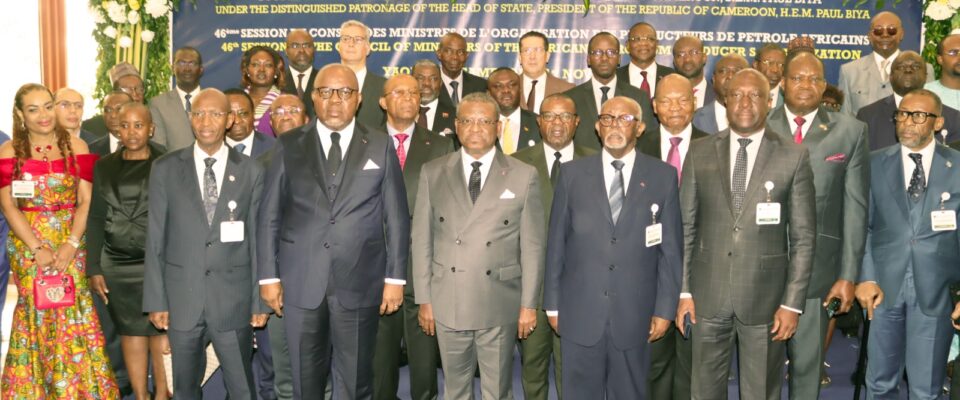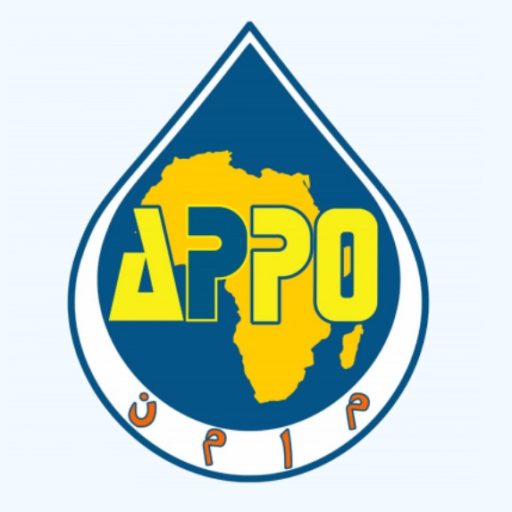Can you share some recent developments and milestones at APPO?
APPO started as APPA, the African Petroleum Producers’ Association, some 37 years ago, with the objective of bringing together African oil and gas-producing countries to cooperate and collaborate in oil and gas matters. For nearly three decades, the association remained a loose group dealing with oil and gas policy matters. Not much collaboration took place on the platform of APPA. However, the global paradigm shift away from fossil to renewable energies, which received the greatest boost from the signing of the Paris Agreement in 2015, posed challenges for many African countries that have been heavily dependent on oil and gas revenues as well as on foreign financing, technology, and markets for their oil and gas industry. 75% of the oil and 45% of the gas that Africa produces is exported out of the continent.
In 2015, many African oil and gas-producing countries’ leaders signed the Paris Agreement, but soon after realized that they should be in no hurry to abandon oil and gas. The subsequent reflection prompted African leaders to reconsider how the implementation of the global energy transition would affect their countries and peoples. It was that concern that informed the decision to reform APPO to identify the challenges that the energy transition shall pose to our members. That was why immediately after the reform, the first assignment given to the Secretariat by the Ministerial Council was to conduct a study of the future of the oil and gas industry in Africa in light of the global energy transition. The study showed us that there are three imminent challenges the industry will face as a result of the energy transition: finance, technology, and markets. Subsequently, the Council of Ministers decided that APPO should formulate concrete proposals on how to tackle these challenges. One of APPO’s proposals was to establish the Africa Energy Investment Corporation (AEICORP). However, AEICORP was only funded with US$1 billion, which is nothing in the giant oil and gas sector. As a result, APPO went into partnership with Afreximbank to establish the Africa Energy Bank, AEB, with a startup capital of US$5 billion instead. To address the technology challenge, an audit of all the oil and gas research, development and innovation institutions in member countries was undertaken to establish regional centers of excellence in the various sectors of the industry. As for the markets, we are working on establishing cross-border and regional energy infrastructure across the continent. That way, instead of exporting our energy, we will use it to develop our continent.
How do you view Africa’s energy security in the context of the global energy transition?
The global energy transition could be a great opportunity for us to change the face of our continent and its people. No country or society has been able to develop without energy. Europe and the US as well as other developed countries would not be where they are today without the use of ample energy they got from within and outside their borders. The same energy that Africa has in abundance but has failed to use for its own people.
Now that the markets are going to dry, it is a good opportunity for us to exploit the energy for our own use. We should not stop producing oil and gas because the markets that we have relied on are closing. To us, energy poverty poses a more immediate existential challenge than climate change. The countries responsible for the legacy emissions, who are today championing a speedy transition, should look into investing in CO2 removal technologies and remove even 20% of the 2,500 gigatons of emissions they have put into the atmosphere over the last 120 years.
What is the relationship between APPO and OPEC?
The global energy transition could be a great opportunity for us to change the face of our continent and its people. No country or society has been able to develop without energy. Europe and the US as well as other developed countries would not be where they are today without the use of ample energy they got from within and outside their borders. The same energy that Africa has in abundance but has failed to use for its own people.
Now that the markets are going to dry, it is a good opportunity for us to exploit the energy for our own use. We should not stop producing oil and gas because the markets that we have relied on are closing. To us, energy poverty poses a more immediate existential challenge than climate change. The countries responsible for the legacy emissions, who are today championing a speedy transition, should look into investing in CO2 removal technologies and remove even 20% of the 2,500 gigatons of emissions they have put into the atmosphere over the last 120 years.



